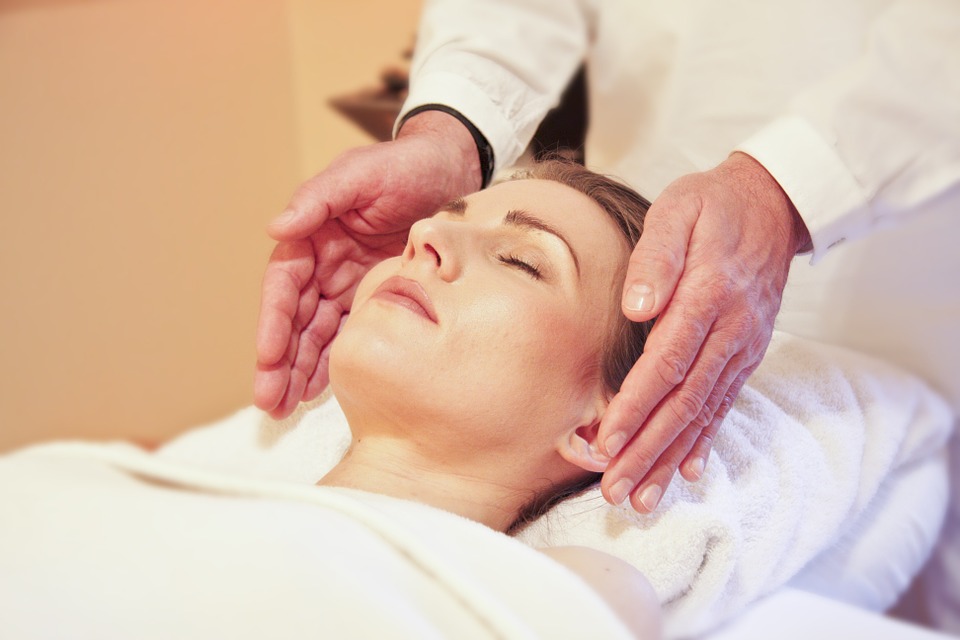The news was published a few weeks ago and threw cold water on the Spanish Reiki community of practitioners: the Autonomous Community of Madrid has banned Reiki in public hospitals. The twenty lines of the only article published in the local and national newspapers explains: from now on, the practice of non-medical therapies will not be allowed in public health centres.
Moreover, Reiki is pedantically described as “a pseudo-science“, which the dictionary defines as “a system of thought or a theory that is not formed in a scientific way.”
I find the word ‘pseudo-science’ rather irritating because it is, firstly, incorrect and, secondly, highly derogatory. The contrary is true. Reiki is a discipline (not a science and definitely not a pseudo-science!), which our trusty dictionary describes as “a behaviour in accord with rules of conduct.” The five principles of Reiki (just for today do not be angry, do not be worried, be grateful, work hard, be kind to others) are, in fact, a guide to personal spiritual evolution.
The effects of this therapy on patients suffering from serious illnesses such as cancer or fibromyalgia – who, for years, have been regularly attending sessions organised in public hospitals – speak loud and clear: peace of mind, a decrease in disease-related anxiety and even a consistent mitigation of the physical pain associated with these pathologies.
While the World Health Organization is recognising the importance of complementary therapies and advising local governments to incorporate them into their public health systems (http://apps.who.int/iris/bitstream/10665/95008/1/9789243506098_spa.pdf?ua=1), Spain, God knows why, goes against the flow.
I have tried to understand the reasons behind the decision of the Autonomous Community of Madrid. They cannot be economic, because Reiki is a voluntary service organised by non-profit organisations. It is, therefore, free of charge.
They could be political, because the Autonomous Community of Madrid is currently governed by a conservative party, traditionally very close to the Catholic Church. In fact, around the same time the news came out, the bishops of the Basque Country and Navarre stated in a joint letter that “The proliferation of new forms of spirituality like Reiki, shamanism, tarot, clairvoyance or similar, including varieties of yoga or Oriental meditation, are incompatible with authentic Christian spirituality.” I won’t even go into the fact that Reiki, yoga and Oriental meditation have been mixed with clairvoyance and tarot. This bizarre claim of the Basque clergy is nothing more than proof of their total ignorance about these disciplines.
As always happens when a dispute arises, there is blame on both sides. Despite the clear and tangible benefits of Reiki for many patients and even doctors, at the moment, there is no scientific evidence to prove its effectiveness. The current state of affairs is exacerbated by some Reiki representatives giving complex explanations about how and why it works on incoherent scientific grounds. These snake-oil salesmen, who unfortunately exist in any discipline, need to stop selling Reiki to sceptical medical staff as an alternative therapy (where ‘alternative’ means it can be used ‘instead of’), because it is not. At most, it is complementary to allopathic medicine: it helps decrease the adverse effects of chemo (nausea, vomiting, muscle aches) and brings patients to a greater state of consciousness, which not only helps them to recover emotionally, but also changes their way of facing life.
The main point here is, the total lack of common sense. A colleague of mine told me the other day that maybe it’s time for Reiki therapists to search their own hearts. It’s time for both sides to acknowledge their mistakes and focus on the main goal (which is the same for doctors and complementary therapists alike): the physical and emotional well-being of the patient.




